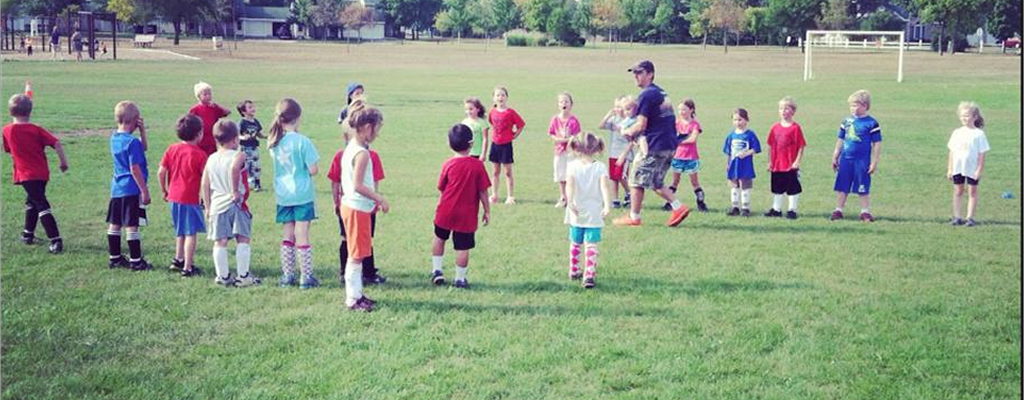
What about Socialization?
This was partially true 30 years ago when homeschooling began and was not completely accepted by society. Many homeschool parents remained quiet and kept their children at home and out of sight, especially during the day in order to avoid a visit from social services.
Today is quite different
Nowadays, homeschool students are more involved in society than ever. For instance, there is research which points out, “home-educated … were more socially engaged (69 percent participated in organized activities at least once per week, compared with 48 percent of the comparable population).”
In today’s culture, homeschooling has many distinctive advantages. Here are some of the social benefits of homeschooling:
- Homeschool students are not isolated with only their peers all day like they are in other schools; rather, they learn to interact with students of all ages. They are educated with a wide range of students of different ages from their siblings to their friends at co-ops to students at field trips.
- Homeschool students learn that adults are not just hired to teach them. They realize their teachers are sacrificing their time and money to help them gain a useful education. This gives homeschool students a major advantage by giving them a reason to respect adults.
- Homeschool students are emotionally supported by the evidence that their parents are dedicated to their education. This gives students the attention they need without needing to waste time trying to impress their peers to gain their attention. This frees students from becoming socially dependent on the attention of their peers.
- Homeschool students are intentionally given instruction on how to treat each other as part of their education. This is different from the way students learn socialization in other schools, because most teachers do not have the authority to give instruction on what is right/wrong outside of school policies. Therefore, students in other schools have no choice but to learn how to interact with their peers on their own accord.
- Homeschool students participate in more hands-on learning than other schools by enjoying opportunities such as field trips and co-ops. Consequently, there are many more chances for students to learn how to interact with other students and teachers in society.
- Homeschool students avoid the negative socialization effects of delinquent students. In the last 20 years, schools across the nation have noticed a negative impact on socialization as more students have been showing delinquent behavior than ever before. The student body of today’s youth is increasing with violence, drugs, promiscuity, emotional disorders, crime, contempt for authority, desperate behavior, illiteracy and peer dependency.
- Homeschool students avoid the increase in security in schools. Schools across the nation are increasing their surveillance to try to manage the increase in delinquent behavior. Homeschool students don't have to deal with metal detectors, security guards, locked down doors, and lock-down role-playing. All of these have an impact on how students learn to trust and distrust each other in society.
If you want to learn more about the social benefits of homeschooling, here is a great book.
"The Well-Adjusted Child: The Social Benefits of Homeschooling"
